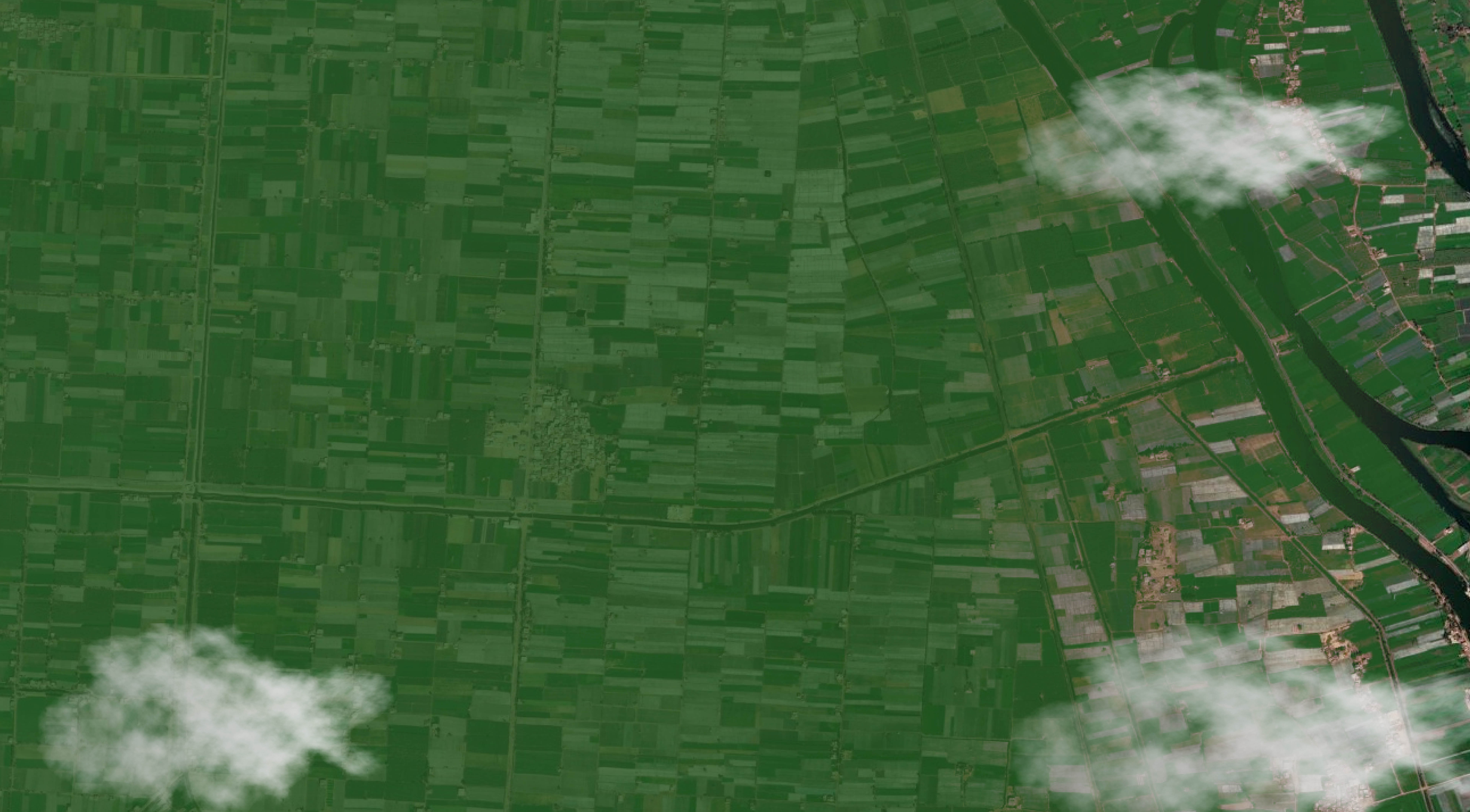
GMES&Africa - North Africa
Harnessing Earth Observation to achieve Sustainable Development
This platform is the main entry point
leading to the GMES North Africa Consortium project’s results and services
The GMES & Africa – North Africa
The GMES& Africa - North Africa is a consortium set up by the Sahara and Sahel Observatory (OSS) with the support of the prime national and regional institutions and partners in charge of the development and valorisation of Earth Observation products in support of the sustainable management of land and water resources in the North African region.
OUR SERVICES
The North African GMES&Africa consortium has focused on a user-driven process, which promote synergetic approaches. Three operational services are developed and made available as part of the range of EO-based tools under the project:

OUR PRODUCTS
Infrastructure and resources
Two datacentres set up at OSS premises, and hosting project’s services.
Technology: Synology RackStation RS4017xs - All in one” solution (CPU + Storage)
- Datacentre for MISBAR : 140 To
- Datacentre for MISLAND : 40 To
- Fiber internet with 50 Mo (download) + 50 Mo (upload)
NEWS & UPCOMING EVENTS

|
Training workshop on the SDG 15.3.1 indicator monitoring and a permanent mechanism establishment for monitoring and reporting on LDNWednesday, 26 April, 2023
The Sahara and Sahel Observatory (OSS), in partnership with the Seychelles’ Ministry of Agriculture, Climate Change and the Environment, is… |
Pagination
Pagination
CAPACITY DEVELOPMENT
The OSS North Africa Consortium was aware of the fundamental role of capacity-building actions for the proper appropriation and efficient use of the products and services.
Crucial importance was thus attached to capacities enhancement of national partners and end-users and strengthening activities based on their needs.
The interest of partners and participants from different backgrounds and geographic areas in Africa is a testament to the success of the strategy and the action plan set up and implemented by the consortium.




